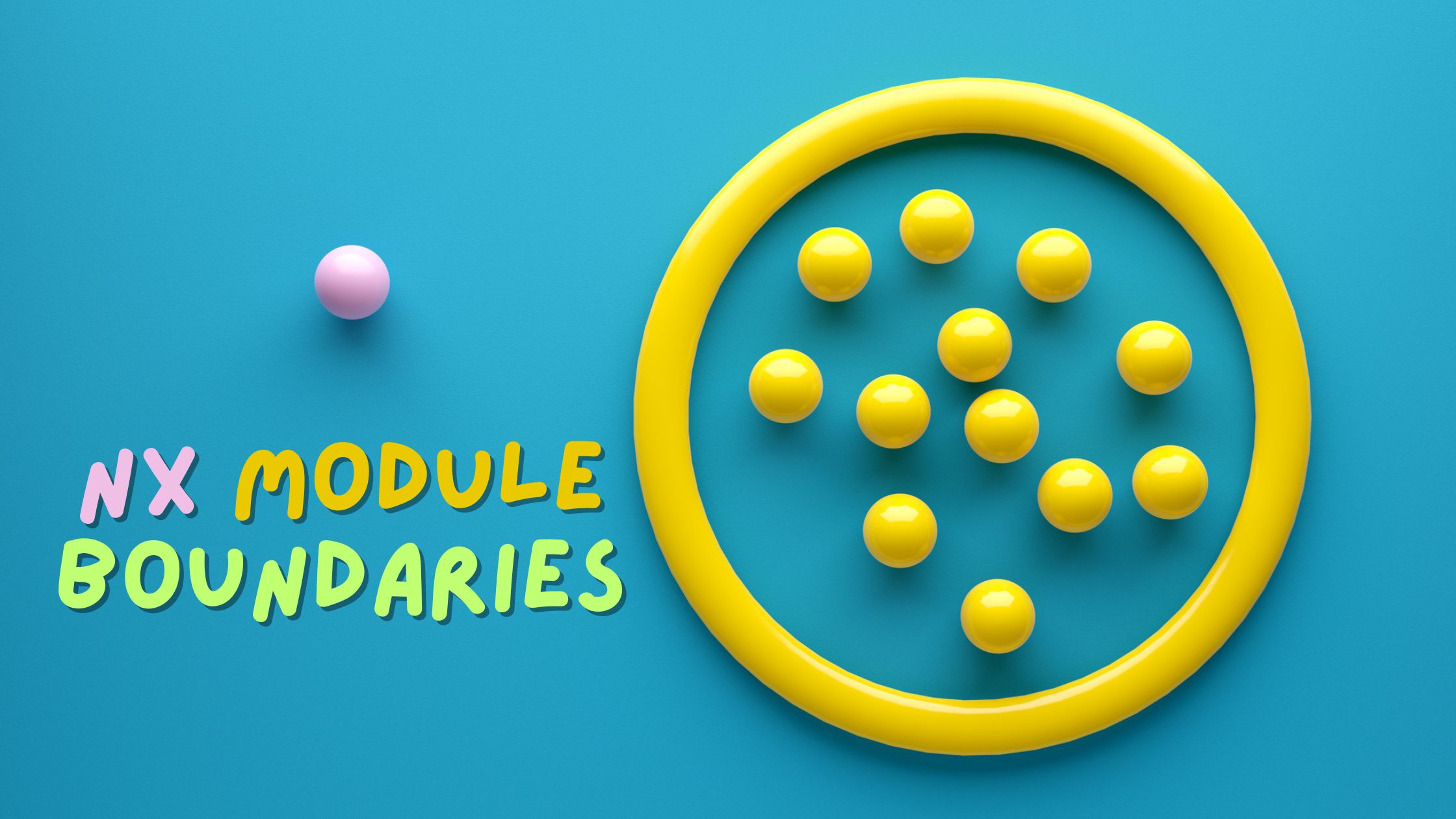Transitioning from Class-Based Guards and Resolvers to functional in Angular
-
 Stefanos Lignos
Stefanos Lignos - Modified Fr Aug, 2025

In version 15.2.0 the Class and InjectionToken guards and resolvers were marked as deprecated. If you migrate to v16.0.0 you will notice that the CanActivate, CanActivateChild, CanDeactivate, CanLoad, CanMatch, Resolve interfaces will be removed automatically from your guards and resolvers, as you can see in the following snippet. Classes can still be used as the underlying implementation of functional guards and resolvers, but there will not be an interface requiring a specific structure for those classes.
import { inject } from "@angular/core";
-import { ActivatedRouteSnapshot, Resolve } from "@angular/router";
+import { ActivatedRouteSnapshot } from "@angular/router";
import { Observable } from "rxjs";
import { Hero } from "../hero";
import { HeroService } from "../hero.service";
-export class HeroResolver implements Resolve<Hero> {
+export class HeroResolver {
resolve(route: ActivatedRouteSnapshot): Observable<Hero> {
return inject(HeroService).getHero(route.params["id"]!);
}
}The reasons why the Angular team decided to deprecate the class-based resolvers and guards are explained in this PR. This decision has triggered a lot of concerned comments in the community. The Angular team is still working to clarify the reasons. Minko Gechev, the product lead of Angular, even volunteered to schedule a call with people form the community who have concerns in order to discuss functional router guards vs classe-based guards.
Some of the arguments from the Angular team in favor of the functional guards and resolvers are:
- Class and InjectionToken-based guards and resolvers are not as configurable
- Are less re-usable
- Require more boilerplate
- Cannot be defined inline with the route
- Require more in-depth knowledge of Angular features (Injectable/providers)
In short, they’re less powerful and more cumbersome.
On the other hand, some people from the Angular community consider the functional guards and resolvers as an anti-pattern. They foresee that this transition will lead to an increased usage of the inject function and they believe that without the constructor injection the dependencies will be hidden in the body of the function.
In my opinion both sides have some valid arguments. For example I also believe that it’s easier to configure functional guards and resolvers but on the other hand I can imagine that their complexity can be increased due to the usage of “hidden” DI. In any case, I will post the outcome from the discussion with Minko as an update on this post.
Do I need to migrate to the functional approach?
Despite the fact that the Angular team shows a preference for the functional guards and resolvers, you can now and in the long term, use class-based guards and resolvers if you prefer them. To facilitate this, the Angular team has implemented some helper functions (mapToCanActivate, mapToCanActivateChild, mapToCanDeactivate, mapToCanMatch, mapToResolve ). As mentioned in the PR:
These functions will serve to aid in migrating off of the now deprecated class-based guards, but also provide an easy avenue to still defining guards as Injectable classes if that is desired.
They can be used in the following way:
export const APP_ROUTES: Routes = [
...
...
{
path: 'detail/:id',
component: HeroDetailComponent,
resolve: { heroResolver: mapToResolve(HeroResolver) },
canActivate: mapToCanActivate([HeroGuard])
},
];If you apply these helper functions to the resolvers and guards of your router configuration object, you should be sure that your class-based resolvers and guards can be used in the long term. You can still migrate them gradually to functional or you can keep using the class-based. There is already a Draft PR for a migration which will update the Route definitions to use the helper functions instead of class references in the guard and resolver properties. So you won’t have to do this manually.
Thank you for reading ♡
Bibliography
[1]: https://github.com/angular/angular/pull/48709
[2]: https://github.com/angular/angular/pull/47924
[3]: https://github.com/angular/angular/issues/50234


